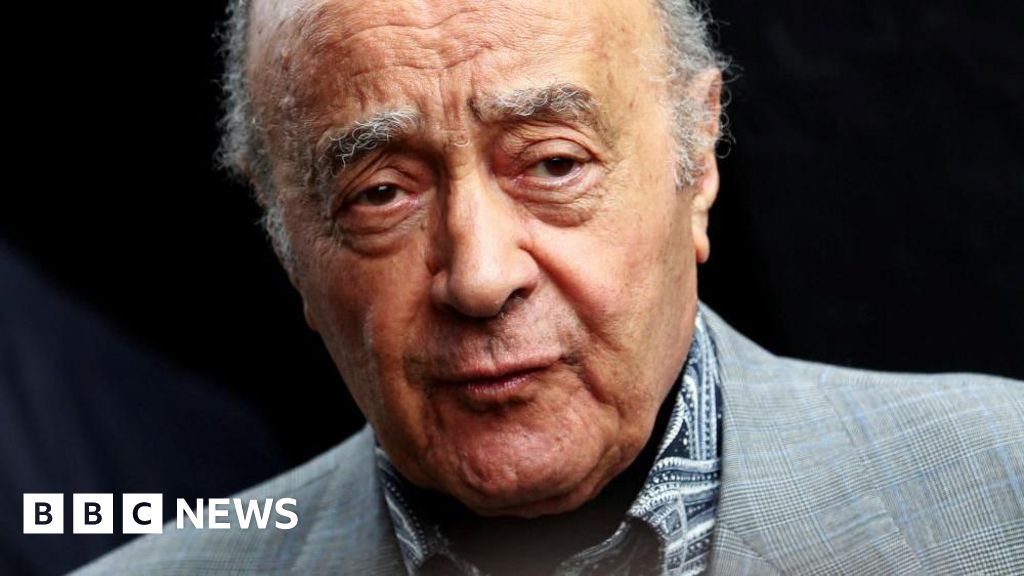
The Shadow of Legacy: Allegations of Abuse and the Al Fayed Estate
The opulent world of billionaires often hides complexities, and the recent news surrounding the estate of the late Mohamed Al Fayed serves as a stark reminder of this. While his name was synonymous with luxury – Harrods, Fulham Football Club, and a life lived in the public eye – a darker side is now emerging, one that casts a long shadow over his legacy. Five women, who previously worked for Al Fayed as nannies and private air stewards, are reportedly preparing legal action against his estate, alleging abuse during their employment.
This is not simply a matter of financial recompense. It speaks to a systemic issue of power imbalance and alleged exploitation, a reality that often lurks beneath the surface of immense wealth and influence. These women, who dedicated years of their lives to serving a powerful figure, now allege they were subjected to harmful treatment, their experiences potentially shaping their lives in profound and lasting ways.
The specifics of the allegations remain largely undisclosed at this stage, shrouded in the privacy concerns naturally associated with such cases. However, the very act of these women coming forward – likely after years of silence – underscores the courage it takes to confront such powerful figures, even after their death. It highlights the importance of providing support for victims of abuse, especially those who might have previously felt unable to speak out due to fear of reprisal or social stigma.
The legal action represents a crucial step towards accountability. While Al Fayed is no longer alive to face the consequences directly, his estate, the entity that holds his considerable wealth, will now be subjected to scrutiny. This raises important questions about the responsibility of estates to address allegations of wrongdoing committed by the deceased, especially when those allegations involve serious abuse. Are estates legally obligated to investigate such claims? What level of evidence is required to substantiate such allegations when the alleged perpetrator is unavailable for questioning?
The legal battle that is likely to unfold will undoubtedly be complex and protracted, involving detailed investigations, extensive legal arguments, and potentially difficult emotional testimonies. Beyond the legal ramifications, this situation brings to the forefront the moral complexities of inheriting a legacy tainted by such allegations. For the beneficiaries of the estate, the challenge lies not just in navigating the legal processes but also in confronting the ethical dimensions of their inheritance.
The case also serves as a stark reminder of the often-hidden vulnerabilities of those who work in close proximity to the ultra-wealthy. Nannies and private air stewards, while appearing to hold positions of privilege, often occupy precarious employment situations, with a power dynamic skewed significantly in favor of their employers. This inherent imbalance can make them particularly vulnerable to abuse, highlighting the need for greater protection for such workers and a strengthening of legislation to safeguard their rights.
Ultimately, the legal action against Mohamed Al Fayed’s estate is more than just a legal battle; it’s a societal reckoning. It prompts a conversation about power, privilege, and the responsibility that comes with immense wealth. It raises critical questions about the rights of victims, the accountability of estates, and the need to create safer and more equitable workplaces for all, regardless of the perceived glamour or prestige associated with a job. The legacy of Mohamed Al Fayed is now irrevocably intertwined with these allegations, forcing a reassessment of his life and a deeper examination of the enduring consequences of abuse.



Leave a Reply